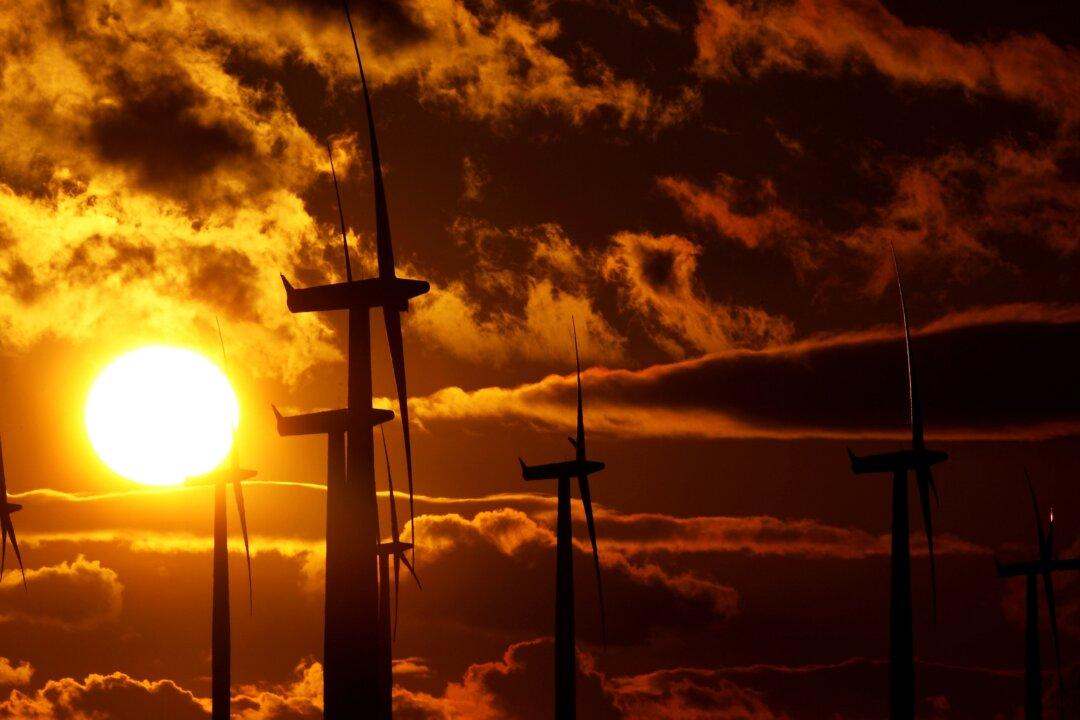Commentary
Is the push by America’s elite to “save the planet from climate change” actually just gaslighting Americans into socialism? I recently discussed the clear connection between central bank policies and rising wealth inequality.

Is the push by America’s elite to “save the planet from climate change” actually just gaslighting Americans into socialism? I recently discussed the clear connection between central bank policies and rising wealth inequality.